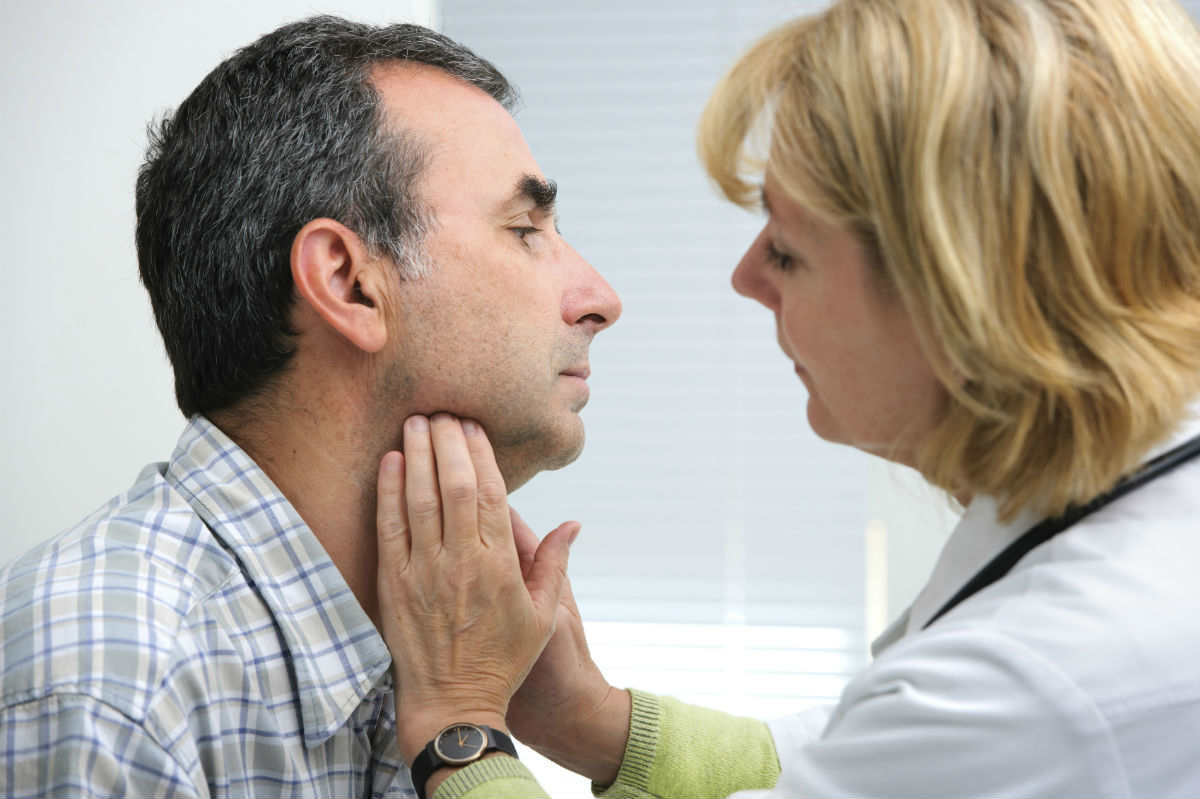Vocal cord paralysis is a serious injury that is not very common and can take a long time to get diagnosed.

The most common car accident injuries are bone injuries, lacerations, back injuries, and internal organ injuries. Vocal cord paralysis is a serious injury that is not very common and can take a long time to get diagnosed.
How Does Vocal Cord Paralysis Happen?
There are two muscles called vocal cords in the larynx or the voice box. When these cords vibrate, the voice is produced. These cords also protect the trachea by covering it and making sure that food and liquid do not enter the windpipe into the lungs.
There are a number of reasons how vocal cord paralysis can take place. In a car accident, any trauma or injury to the neck or chest can result in damage to the vocal cords. When one or both of the vocal cords are not able to move to produce sound, the result is vocal cord paralysis.
Unilateral and Bilateral Paralysis
There are two types of vocal cord paralysis:
- Unilateral – Unilateral vocal cord paralysis is the most common vocal cord paralysis and happens when only one of the vocal cords has limited movement or is paralyzed.
- Bilateral – Bilateral vocal cord paralysis is when both the vocal cords are paralyzed and are halfway between open and closed.
Symptoms of Vocal Cord Paralysis
Vocal cord paralysis can be difficult to detect. A person suffering from vocal cord paralysis could suffer from the condition for weeks before diagnosis. The signs and symptoms of vocal cord paralysis include:
- hoarseness or breathy voice
- limitations in pitch and sound
- choking while eating food
- breathing issues
- trouble while swallowing
Because many of these symptoms also appear when a person has a cold or respiratory infection, vocal cord paralysis can be difficult to diagnose. If choking occurs frequently, consult a doctor immediately as food and liquid could enter the lungs and lead to pneumonia.
Treatment for Vocal Cord Paralysis
Vocal cord paralysis is usually detected by using a laryngoscope or an endoscope through the mouth or nose.
Treatment of vocal cord paralysis depends upon its severity and cause. Mild cases are usually treated with medication and voice therapy with a speech-language pathologist. The pathologist may recommend certain exercises to improve breathing and strengthening of the cords. For cases that require surgery, a tracheotomy is performed to reposition the vocal cords, replace damaged nerves, insert structural implants of the affected cord, or inject fat or collagen in the affected cord.
St. Louis Car Wreck Attorney
Even with surgery, there is no guarantee a person will recover his or her original voice. Surgery and treatment can be traumatic, painful, and stressful. Vocal cord paralysis victims usually suffer a loss of earnings as well. Adequate financial compensation is required for a car accident victim to recover fully. If you have been harmed by a negligent driver, consult with a St. Louis car wreck attorney. Call The Hoffmann Law Firm, L.L.C. at (314) 361-4242 for a free consultation.
